Discussions
Demystifying Pink Eye: Causes and Symptoms
What is pink eye, also known as conjunctivitis, is a common eye condition characterised by inflammation of the conjunctiva, the clear tissue that lines the eyelids and covers the white part of the eye. It's called "pink eye" due to the pink or red appearance of the affected eye.
The Digestive Journey: How Long Does Food Take to Digest?
The time it takes for food to be digested varies depending on factors like the type of food, individual metabolism, how long does it take to digest food and the digestive process itself. On average:
Expressing Love: Short Poems for Her
These short love poems for her capture the essence of affection and appreciation for her. Use them to convey your feelings and create heartfelt moments that resonate deeply.
Hickey Remedies: Debunking the Toothpaste Myth
The idea of using toothpaste to instantly remove a hickey in seconds might be a popular hack, how to remove a hickey in seconds with toothpaste but it's important to clarify that there's no scientific basis for this claim. Hickeys, which are caused by broken blood vessels under the skin due to suction or pressure, cannot be miraculously vanished in seconds with toothpaste or any other quick fix.
Adorable Girlfriend Drawings: Showcasing Love and Creativity
Creating cute girlfriend drawings can be a heartwarming and personal way to express your affection. Here are a few ideas to consider when creating these adorable artworks:
Converting PDF to Google Docs: Easy Steps
Converting a PDF document into a Google Doc can be convenient for editing and sharing. Here's how to turn a pdf into a google doc:
Converting PDF to Google Docs: Easy Steps
Converting a PDF document into a Google Doc can be convenient for editing and sharing. Here's [how to turn a pdf into a google doc](https://csgopill.com/how-to-turn-a-pdf-into-a-google-doc/):
GMP Oligonucleotide Manufacturing Services
For more than 15 years, BOC Sciences has been manufacturing oligonucleotides for pre-clinical, clinical, pharmaceutical, food safety, and animal health industries.
Antibody-drug conjugates (ADC) manufacturing services - Chemical and Solutions
BOC Sciences has an important position in ADC contract manufacturing market, and we provide custom GMP-grade antibody-drug conjugates (ADC) manufacturing services to meet clinical and commercial development needs. Our strong expertise in process development, characterization, optimization, and scale-up can support successful GMP manufacturing and productive long-term cooperative relationships with pharmaceutical companies, institutions, and universities.
Additional Synthesis Services by BOC Sciences
Lipids are a diverse and ubiquitous group of compounds that have many key biological functions, such as acting as structural components of cell membranes, serving as energy storage sources, and participating in signaling pathways.
